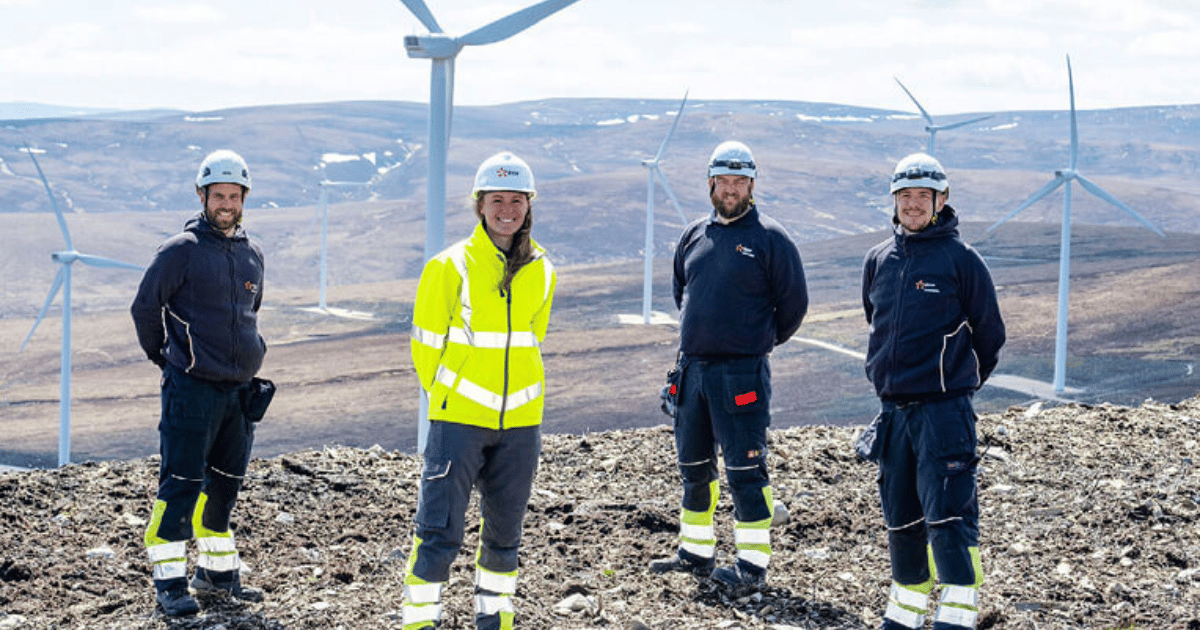- Renewables Rising
- Posts
- EDF scales up operations in Africa with new hires
EDF scales up operations in Africa with new hires

From the newsletter
French multinational energy developer EDF hired 150 staff in the past year, bringing the total number of employees in Africa to 576. The company operates in at least twelve African countries, including those leading in renewable adoption, such as South Africa, Morocco and Egypt. This is based on LinkedIn data for senior staff captured by Renewables Rising.
EDF’s sales team, a critical driver of revenue generation, expanded by 12 members over the last year, bringing its current total to 40 employees.
The renewables job market in Africa is expanding rapidly, going beyond serving single sectors to supporting utility-scale projects. This shift is intensifying competition, especially for specialised roles.
More details
The company's average employee tenure is 2.3 years, which is relatively short. This suggests individuals are leaving the company more frequently than staying for extended periods. However, this trend is not uncommon in energy companies, where many roles are project-based and conclude upon project completion.
About 65% of the company's employees hold a Master's degree; roughly two of every three staff members possess this advanced qualification. This figure is notably high when compared to many other companies, where the average is typically below 35%. While educational attainment isn't the sole determinant of seniority or specialisation, it often correlates with both. When combined with an average employee experience of 9.1 years, it strongly suggests that the company employs a high proportion of senior staff with specialised skill sets.
The company has recently advertised in South Africa for new talent, with most roles being in project management. This strategic move aligns with the company's expanding portfolio, following recent project pipelines in the country. For example, it was awarded three projects in the Battery Energy Storage Independent Power Producer Procurement Programme (BESIPPPP) scheme, collectively totalling 1,028 MWh. These projects have now reached financial closure, and construction is set to commence.
Beyond its South African ventures, EDF has also joined the Volobe hydroelectric power project in Madagascar. Here, it is collaborating with AXIAN and Africa50 to develop the 120MW hydropower plant. Additionally, EDF holds a 50% stake in a joint venture with the Cameroonian government for the 500 MW Kikot hydro plant. This particular project, estimated to cost more than $1.2 billion, will be financed by the World Bank, through its private-sector arm, the IFC, and other financial partners.
Our take
Recruiters in Africa will face challenges in sourcing specialised skills, which are seeing competition even from outside Africa. This could jeopardise the sector's growth, as it depends on these skills for project delivery.
However, some countries, like Egypt, with its large trained population, stand to benefit. Recent projects have been completed ahead of schedule, a clear indication that the market has readily available professionals with the necessary skills.
EDF's revenue and its backing by the French government give it the flexibility to undertake even major projects without financial difficulties. This is also a strength when it comes to hiring, as they can offer competitive deals to attract top talent.